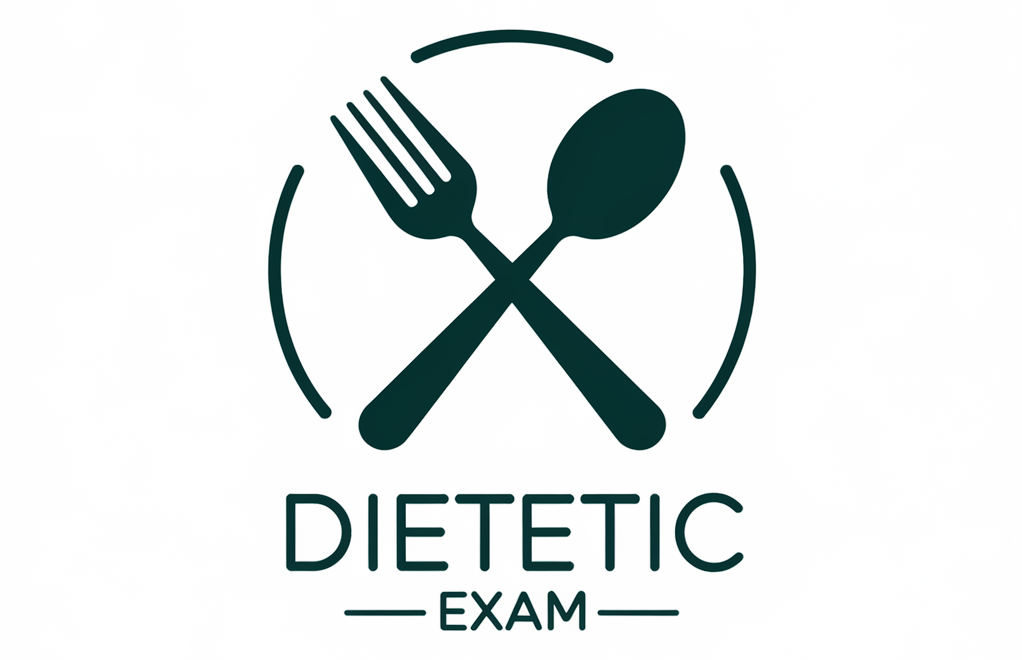Are you looking to improve your health, lose weight, or simply lead a more balanced lifestyle? Exploring different types of diets might be the right path for you. With so many options available, it can be overwhelming to navigate the world of nutrition and wellness. In this article, we will break down some popular types of diets, their benefits, and considerations to help you make an informed decision about which one might be suitable for you.
The Paleo Diet
The Paleo diet, also known as the caveman diet, focuses on consuming foods that our ancestors ate during the Paleolithic era. This diet typically includes lean proteins, fruits, vegetables, nuts, and seeds while avoiding processed foods, grains, and dairy products. Many people follow the Paleo diet for its potential benefits in weight loss, improved energy levels, and better digestion.

The Ketogenic (keto Diet)
The Ketogenic diet is a high-fat, low-carb diet that aims to shift your body into a state of ketosis, where it burns fat for fuel instead of carbohydrates. This diet has been shown to be effective in weight loss, managing diabetes, and improving mental clarity. However, it requires strict adherence to carbohydrate restrictions, which can be challenging for some individuals.

The Mediterranean Diet
The Mediterranean diet is inspired by the traditional eating habits of people living in countries bordering the Mediterranean Sea. This diet emphasizes whole foods such as fruits, vegetables, whole grains, legumes, fish, and olive oil. The Mediterranean diet has been linked to numerous health benefits, including reduced risk of heart disease, stroke, and cancer.

Vegan and Vegetarian Diets
Vegan and vegetarian diets focus on plant-based foods and exclude animal products. Vegetarians may consume eggs and dairy, while vegans avoid all animal-derived products. These diets are rich in fiber, vitamins, minerals, and antioxidants, making them beneficial for overall health. However, careful planning is necessary to ensure adequate intake of protein, iron, and vitamin B12.

Intermittent Fasting
Intermittent fasting is not a diet per se but rather an eating pattern that cycles between periods of eating and fasting. Common methods include the 16/8 method, where you fast for 16 hours and eat within an 8-hour window, or the 5:2 method, where you eat normally for five days and restrict calories for two days. Intermittent fasting has been associated with weight loss, improved metabolism, and blood sugar regulation.

Gluten-Free Diet

For individuals with celiac disease or gluten sensitivity, a gluten-free diet is essential. This diet eliminates the protein gluten found in wheat, barley, and rye, as it can trigger digestive issues and inflammation in sensitive individuals. While going gluten-free has become a popular trend, it is crucial to ensure that essential nutrients are not missing from your diet due to restrictions.
In conclusion, choosing the right diet involves considering your health goals, lifestyle, and personal preferences. It’s essential to consult with a healthcare professional or nutritionist before making significant dietary changes to ensure that you are meeting your nutritional needs. Experimenting with different types of diets to find what works best for you can be a rewarding journey toward better health and well-being.
